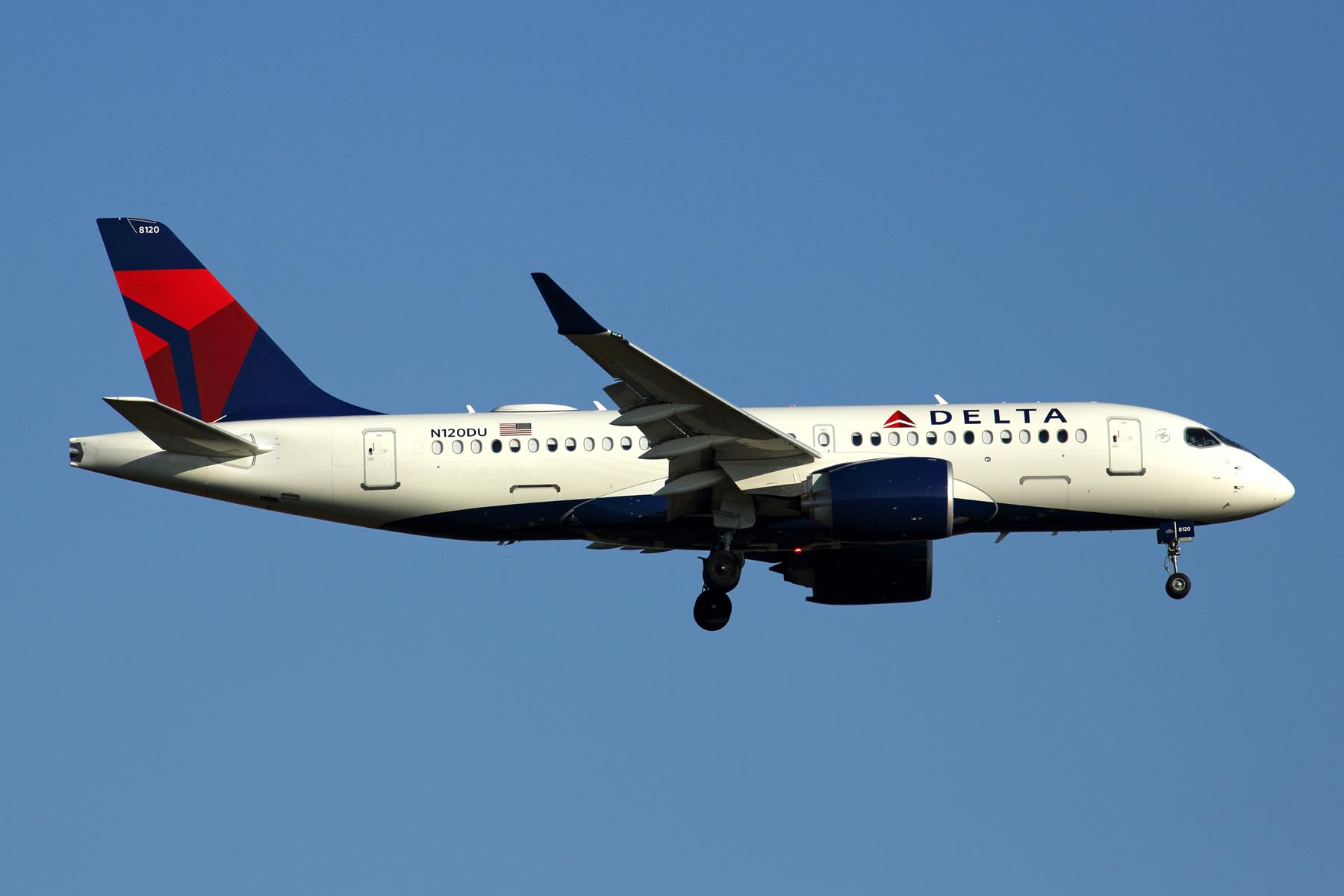
Delta Air Lines will test its entire workforce for exposure to the COVID-19 coronavirus, as airlines look to reassure passengers and crew about the safety of flying during the ongoing pandemic.
In partnership with the Mayo Clinic and Quest Diagnostics, the testing program will be rolled out first in Minneapolis next week, followed by Atlanta, Detroit and New York, according to a June 11 companywide memo from Delta CEO Ed Bastian. The tests will detect both the active coronavirus and antibodies.
“As the economy begins to recover and travel demand rises, we know that ongoing COVID testing is going to be another critical component in your safety,” Bastian said, adding that testing “is something that will be essential as we protect your health and begin the return to normal operations.”
There were roughly 90,000 employees in Delta’s workforce prior to the coronavirus pandemic. Bastian said customer-facing workers reported a rate of infection nearly five times lower than the national average in May, largely owing to the “layers of protection” put in place by the company to reduce the risk of contagion.
The Atlanta-based airline has gone the furthest among its peers to ensure social distancing on its aircraft, capping first-class load factors at 50% and economy-class at 60% through September 30. American Airlines and United Airlines, on the other hand, have not set firm load factor caps in their aircraft, although both have enhanced seating flexibility and are notifying customers in advance when flights are expected to be more than two-thirds full.
Delta began offering new voluntary departure programs to its employees this week, including an enhanced early-retirement package and a voluntary opt-out program, both of which include cash severance payments, continued health benefits, enhanced travel privileges and career transition support.
Bastian stressed management’s hope that involuntary furloughs can be avoided if enough employees accept voluntary leave options.
“The last thing we expected this year was to be encouraging people to depart—2020 was intended to be a year of growth,” Bastian said. “But it’s clear that the impact of the pandemic will be lengthy…We hope to see enough participation in these programs to help us avoid the need for involuntary furloughs later this year.”
He added: “Delta will need to be a smaller airline over the next few years.”
